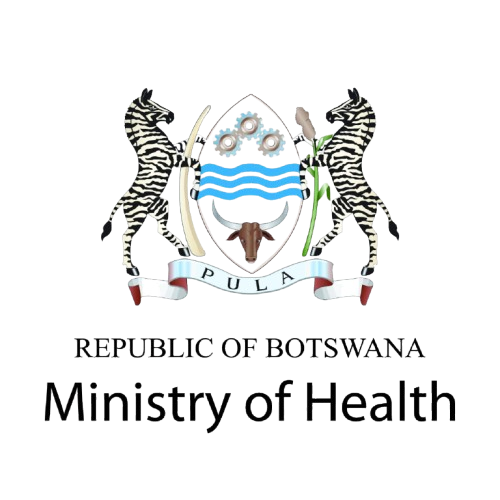
Tracks
Full Description
Important Notice:
Abstracts will be considered for any of the following: oral or poster presentations or workshops.
We will have three languages for this conference (English, French, and Portuguese).
TARGET AUDIENCE:
Policy Makers
Patient Advocates
Civil Society
Academia
Physicians
Nurses
Allied Health Professionals
Music Therapists
Chaplains
Families
Patients
Caregivers
Parents
Researchers
Evaluators
Administrators
Clinical Leaders
Child Life Specialists
Social Workers
Counsellors
Volunteers
Coalition Leaders
Educators
Submission Guidelines and Deadlines
Submission Guidelines
Welcome to this insightful recording on Writing Winning Abstracts, presented by Prof. Ikeoluwapo Ajayi. In this session, Prof. Ajayi shares practical advice and expert tips with APCA members and partners on crafting compelling abstracts. This presentation is designed to help you prepare effectively for the 8th International African Palliative Care and Allied Services Conference, scheduled for 23-26 September 2025 at the Gaborone International Convention Centre in Gaborone, Botswana. 📌 Whether you're new to abstract writing or looking to refine your skills, this recording offers valuable guidance to help your submission stand out.
400 words
- Abstracts should be submitted by the Responsible Author via the abstract submission page on the conference website
- Abstracts will not be accepted by any other route including email
- Abstracts should not exceed 400 words excluding the Title and Authors
- Abstracts are due no later than 8th April 2025 0:00 midnight East Africa time
- Abstracts of empirical studies, secondary analysis, and systematic reviews must include: (Background, context, aims, Methods, programme interventions, Results/lessons, Discussion, and conclusion)
- Abstracts for non-empirical work should include: (Aims or goal of the work, Design, methods and approach taken, Results and Conclusion/Lessons learned)
- Submitted abstracts should include a proposed track or thematic area
- Aims and objectives should be clear and specific
- Presentation preference type (oral/poster/workshop)
- Any disclosure statements must be signed and returned with the abstract
- Please include the E-mail address for the corresponding authors
- The Scientific Committee will attempt to respect the authors option regarding their self-assignment to a special track, but it reserves the right to change the allocation to achieve a well-balanced scientific programme
Important Deadlines


